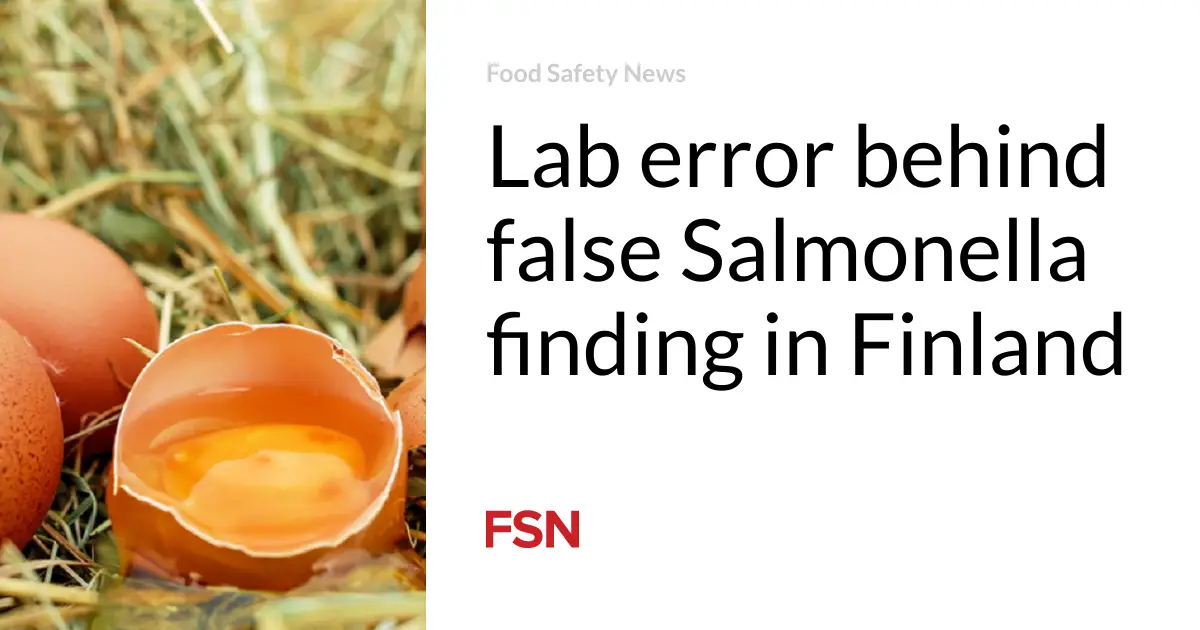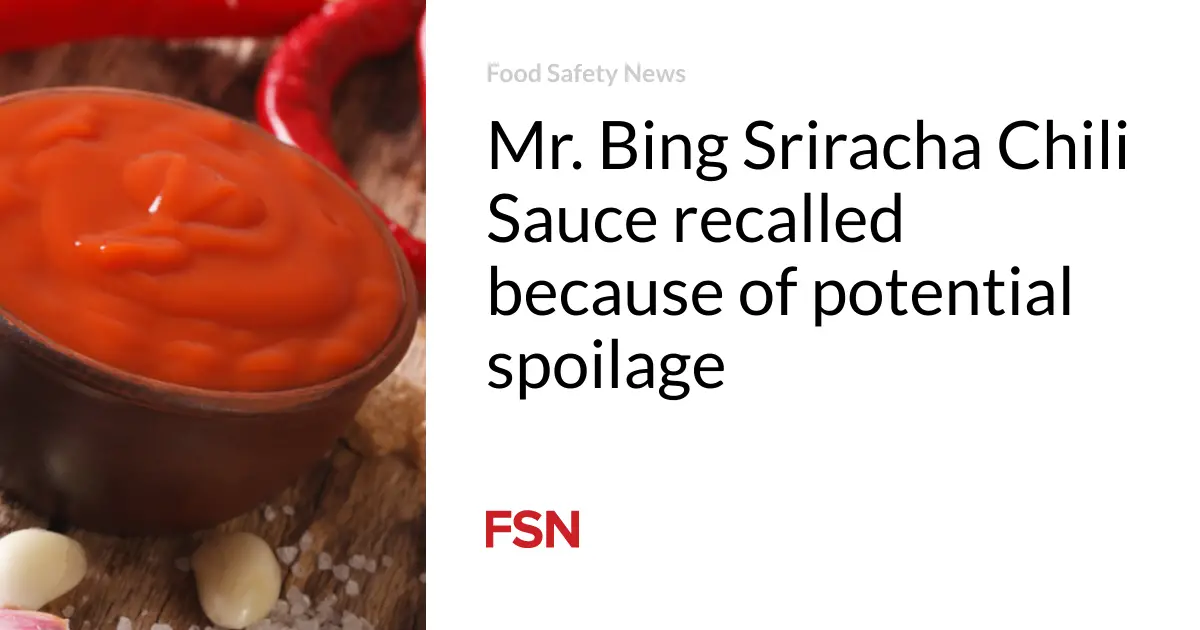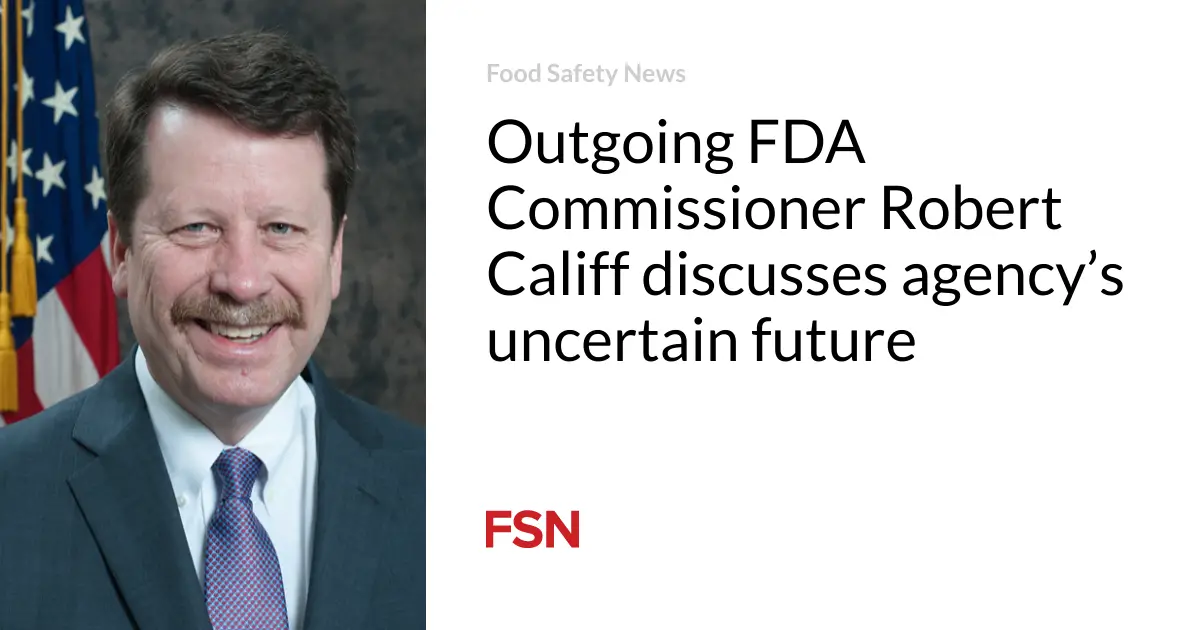
[ad_1]
The Finnish Food Authority (Ruokavirasto) is investigating the reasons behind an incorrect Salmonella test result that led to the slaughter of thousands of chickens.
In May, a self-monitoring sample from a farm in Lappeenranta was declared to contain Salmonella in the Helsinki laboratory of Eurofins Scientific Finland. This result was later found to be incorrect.
An investigation revealed that this chicken sample was simultaneously contaminated with the reference sample processed in the lab.
The agency asked the lab for an explanation related to the events and any corrective measures carried out or planned by the company. Based on a report and other information, no violations of regulations were found in how the lab handles such samples.
Some operations steps were identified when processing self-monitoring and reference measurement samples that increased the risk of cross-contamination. Eurofins has implemented or planned corrective measures. The Finnish Food Authority will audit the lab in early autumn to check the implementation of these actions.
Steps taken after Salmonella finding
In May, Kuorttisen was told that one of its chickens was suspected of carrying Salmonella. The serotype was Salmonella Oranienburg. Immediately after the suspicion, a sales ban on eggs and chickens was ordered to prevent the spread of the Disease.
A recall was issued covering eggs that were blocked at the transport company’s terminal and in the packing house. At the end of May, the county veterinarian gave permission to sell eggs again from the farm. However, the company said the next time it could deliver eggs to sales points in Helsinki could be in the summer of 2025.
The company said Eurofins was offering less than €300 ($324) in compensation. Eurofins has yet to respond to Food Safety News’ request for comment.
In Finland, when a poultry flock tests positive for Salmonella, authorities impose restrictions on the establishment to prevent the spread of the pathogen. Measures can include a ban on the movement of animals and animal products, rules on cleaning and disinfection measures, and pest control.
Sanitation and eradication measures are not mandatory. All birds in the Salmonella-positive flock must be destroyed or slaughtered. If birds are slaughtered, they must be done separately at the end of the day, and the meat must be heat-treated. All eggs must be destroyed or treated to guarantee the elimination of Salmonella.
Chickens culled
Kuorttisen said that more than 4,000 organic chickens laying eggs were killed, and more than 100,000 eggs were sent for pasteurization.
In June, the farm received an email from Eurofins saying that based on the Finnish Food Authority’s follow-up studies and the company’s investigations, the Salmonella result appeared to have been caused by an error in the lab and contamination from another Salmonella-positive sample.
In this message, Eurofins said it had launched an investigation to find the underlying reasons for the error and corrective measures to prevent similar occurrences in the future.
Kuorttisen praised the actions of the authorities and veterinarians, saying they did their job very well and professionally within the law. However, the current problem is the lack of a rule to take a new second sample.
The company has contacted the Ministry of Agriculture and Forestry about a change in the law and the possibility of taking another sample.
(To sign up for a free subscription to Food Safety News, click here.)
[ad_2]
Source link





